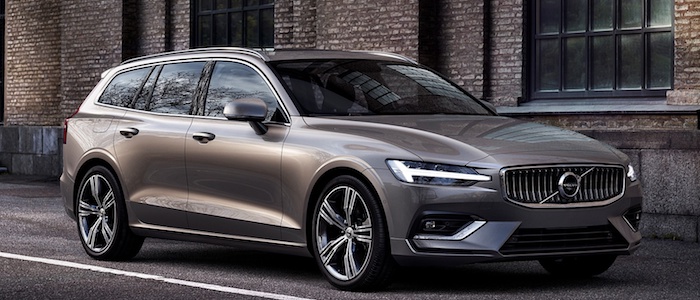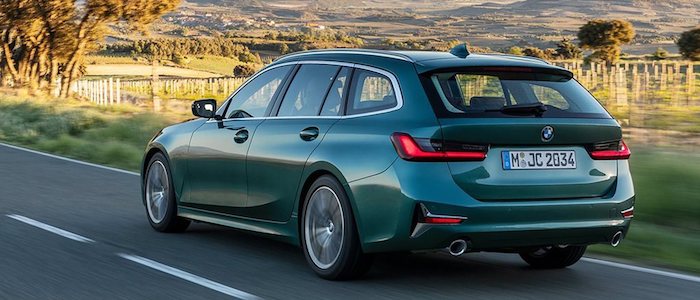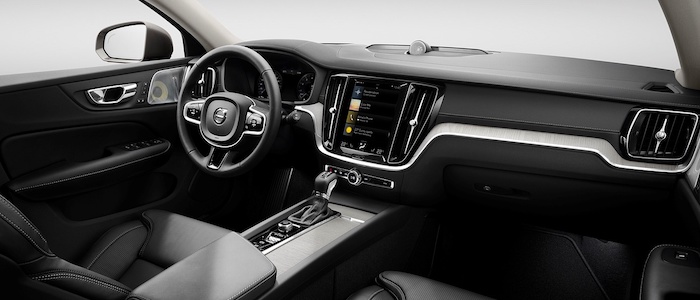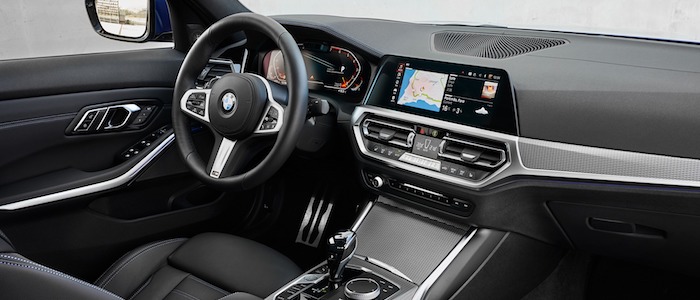Compare two cars
Compare any two cars and get our Virtual Adviser™ opinion
Dimensons & Outlines
Check vehicle history
Engine
Performance (manual gearbox)
Performance (automatic gearbox)
Expenses
Virtual Adviser's™ opinion
Two significantly similar cars, no doubt about that. Still, each one has something different to offer. Having both cars powered by petrol engines and utilizing the 5-door wagon body style within the same 'Large family car' segment, the only major difference here really is their wheel drive configuration (front for the Volvo and rear in the case of the BMW). The first one has a Volvo-engineered powertrain under the hood, a 4-cylinder, 16-valves 190hp unit, while the other one gets its power and torque from a 4-cylinder, 16-valves 184hp engine designed by BMW.
SafetyBoth vehicles got tested by European New Car Assessment Programme (Euro NCAP), with the same number of safety stars gained in the process. Moving further on, let's take a closer look at some additional safety-related facts. Both vehicles belong to the large family car segment, which is generally a good thing safety-wise, but it doesn't do much to help us decide between the two. Furthermore, if we'd like to consider vehicle mass in this context too, which we definitely should, the Swedish car offers a marginal difference of 4% more metal.
ReliabilityManufacturers have been building their reliability reputation for decades now and, generally speaking, it appears that Volvo does have a slight advantage, when all the models are taken into account. These are the official statistics, while our visitors describe reliability of Volvo with an average rating of 3.2, and models under the BMW badge with 4.1 out of 5. Some independent research have also placed V60 as average reliability-wise, and 3 Series is more or less at the same level.That apart, owners of different cars powered by the same engine as the Swedish car rank it on average as 3.0, while the one under the competitor's bonnet gets 5.0 out of 5.
Performance & Fuel economyVolvo is a bit more agile, reaching 100km/h in 0.3 seconds less than its competitor. Still, it lacks the power to win the top speed competition, topping at 220 kilometers per hour, 10km/h less than the other car. When it comes to fuel economy the winner has to be the German car, averaging around 5.7 liters of fuel per 100 kilometers (50 mpg), in combined cycle. We can't ignore that 16% difference compared to the Swedish car.
Verdict
BMW appears just a bit more reliable, although the difference is truly marginal. The most important thing when deciding between any two vehicles should always be safety, both passive and active. In my opinion, everything taken into account, the Swedish car offers slightly better overall protection and takes the lead. From there things take a different direction, with BMW offering somewhat better performance, just enough to call it quicker. To make things even better, it consumps less fuel! All together, there's not much more to say, in this case I wouldn't even consider anything but BMW. In any case that's my personal view, built upon all the data available to me. What should decide here though is the way you feel about the two vehicles, and I hope you'll find my guidelines useful in the process. In case you have two minutes to spare I invite you to define your needs, desires and budget and see which car would be chosen by the virtual adviser™, out of 12.000+ vehicles we currently have in our database.































